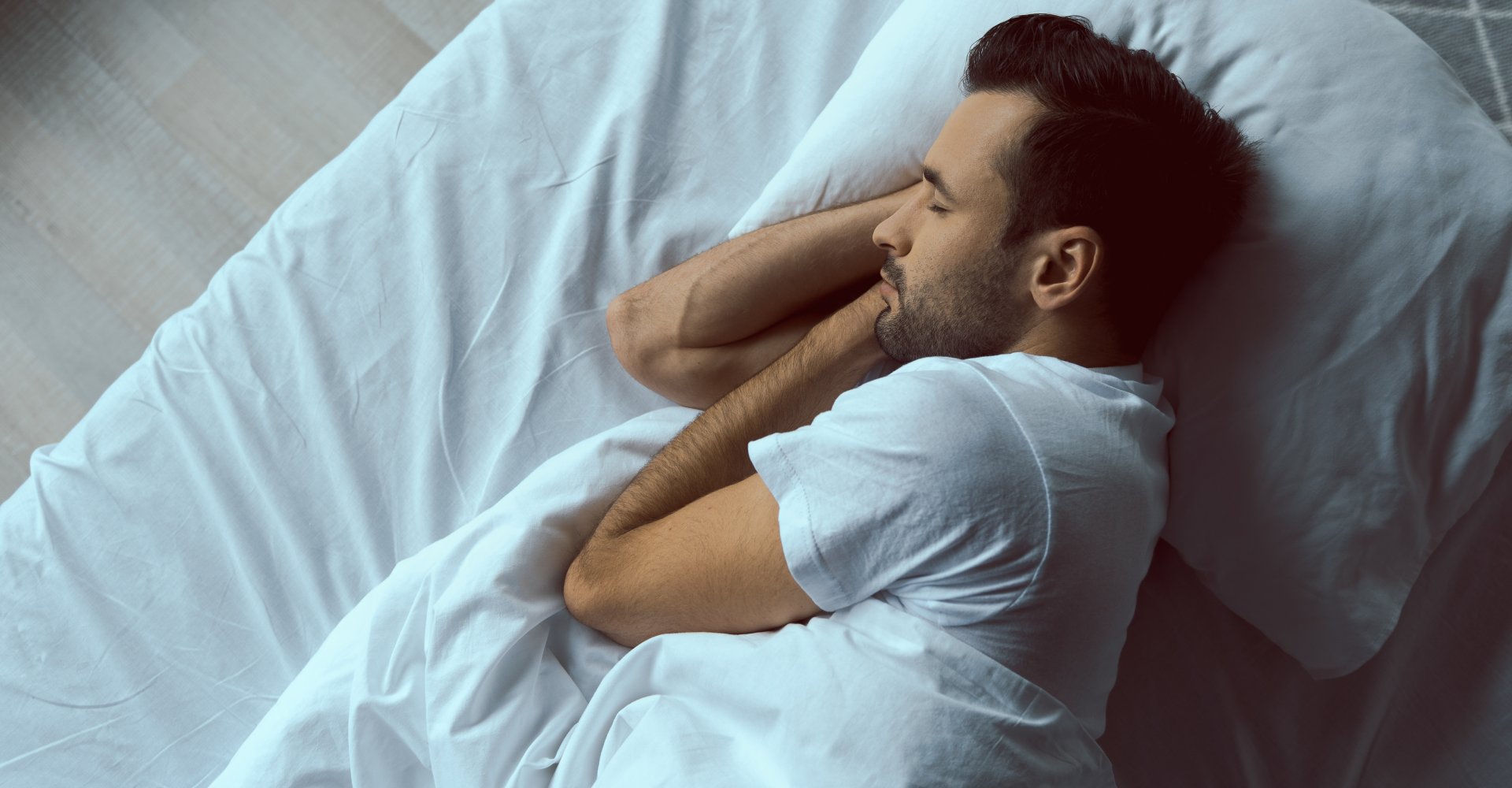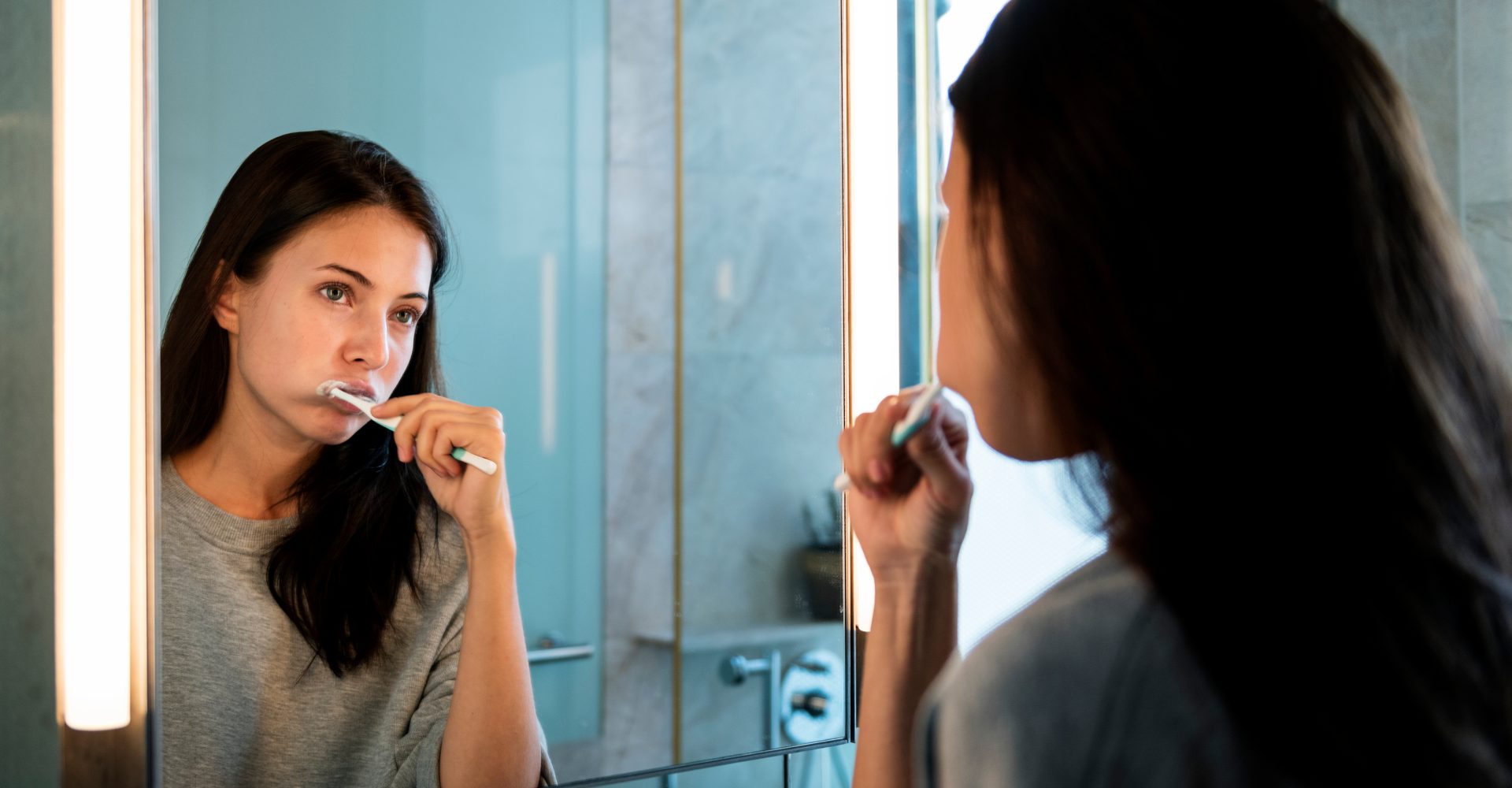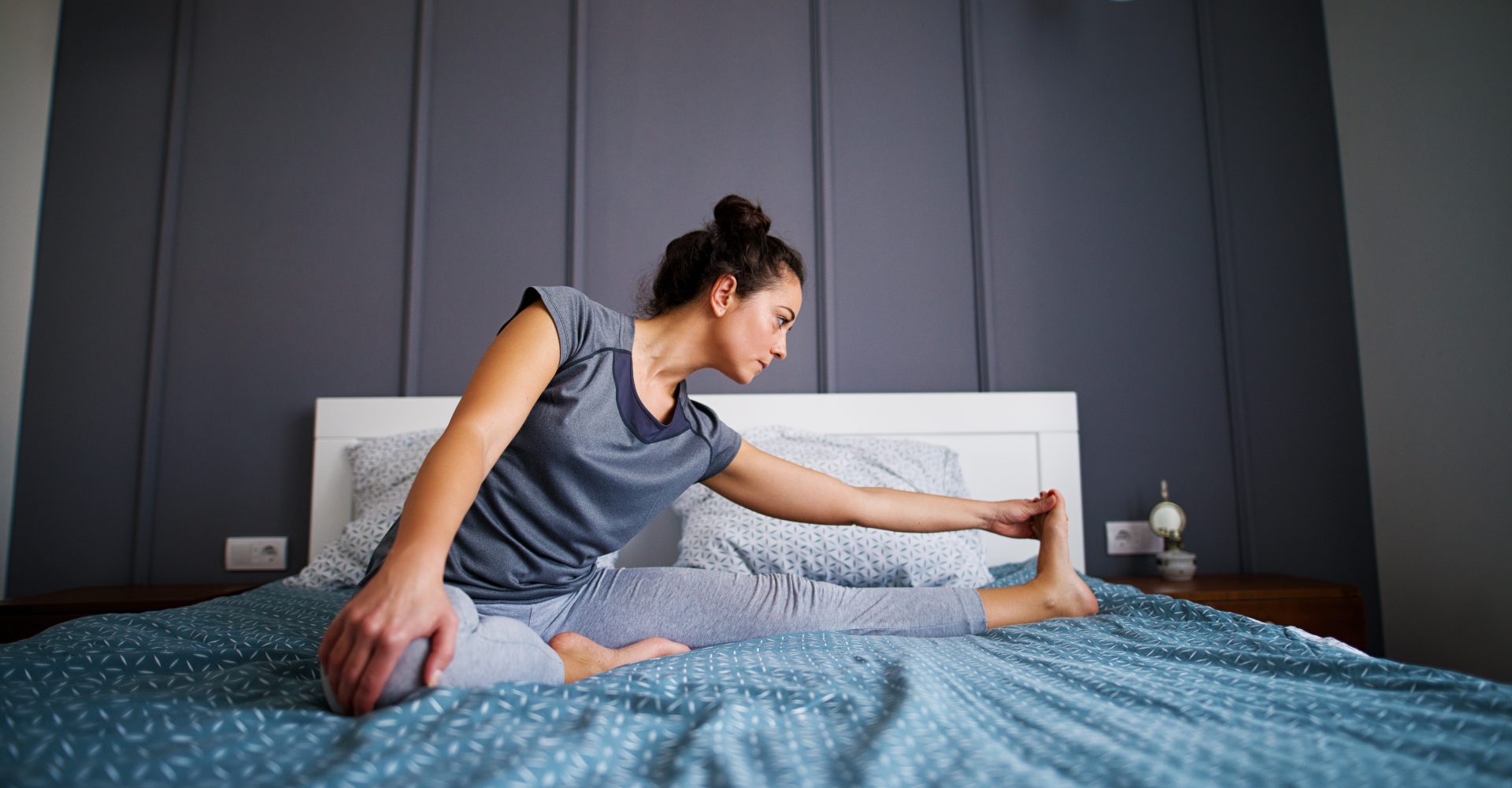
Sleep is essential to our daily lives, allowing our bodies and minds to rest, rejuvenate, and repair. If you do not have a good night’s sleep, it can result in physical ailments and dysfunctional behavior. There is a close relationship between sleep and mental health. Living with a mental problem can affect how well you sleep, and poor sleep can have a negative impact on your mental health. Therefore, healthy sleep hygiene is crucial to maintaining physical and mental health.
Here is a look at the importance of healthy sleep hygiene and the effects of poor sleep hygiene on mental health.
Understanding Sleep Hygiene

Sleep hygiene refers to a series of healthy sleep habits, behaviors, and environmental factors necessary for a good sleep quality night to live a productive life. In short, sleep hygiene is about having a healthy sleep - the key to sweet dreams. Everyone can have healthy sleep hygiene, but it takes practice and willful effort to change poor sleep hygiene.
On the other hand, poor sleep hygiene disrupts the normal balance of the sleep-wake cycle. Various factors, such as inconsistent sleep schedules and usage of stimulants – especially before bedtime - promote poor sleep hygiene. As a result, people with poor sleep hygiene often suffer the following consequences:
- It is hard to fall asleep and stay asleep for longer.
- Often feeling tired.
- Waking up earlier and still being tired.
- Have problems that disturb sleep, such as nightmares, panic attacks, and flashbacks.
- Waking up several times a night.
Causes of poor sleep hygiene
There are various reasons for poor sleep hygiene, depending on your situation, like working night shifts, being a carer for children or a family member, or other mental and physical health problems. However, the most common things that affect sleep can also include:
- Stress or worries – about financial troubles, family, or work issues. Stressful circumstances or thoughts constantly activate the brain., resulting in difficulty falling asleep or increased anxious dreams.
- Sleeping environment – uncomfortable bedding – especially the mattress, disturbances, lights, and other factors out of your control. Extreme temperature and humidity can disrupt a person’s internal temperature regulation and create problems falling or staying asleep.
- Medical conditions – sleep disorders like insomnia, sleep deprivation, and sleep apnea.
- Current or past trauma – resulting in fear and anxiety about going to sleep.
- Taking medication or using stimulants like alcohol, recreational drugs, or coffee just before bedtime.
The impact of poor sleep hygiene on mental health

Sleep is necessary for preserving both physical and mental health. In addition, it is imperative for maintaining healthy cognitive functions such as memory, learning, and completing complex mental tasks.
Chronic sleep issues can also contribute to developing psychiatric disorders and exacerbate existing mental health conditions. The relationship between sleep and mental health is complex. When the balance of the sleep-wake cycle is disrupted, it results in all types of dysfunctional behavior.
Poor sleep hygiene has a cyclic impact on people. Poor sleep leads to overthinking events and issues. The person is worrying while trying to go to sleep. When having worries, the person tries to think about possible solutions to a problem – the mind prevents sleep. The lack of sleep leads to tiredness the next day and results in an inability to cope with daily events and tasks. Not being able to manage and the consequences cause low self-esteem, and the person starts worrying again about losing his/her job, piling on to other problems that might exist. And then it starts all over again. The person may experience overlapping symptoms between depression, insomnia, hypersomnia, and sleep apnea. They are likely to feel anxious or even suicidal. The lack of sleep might trigger psychotic episodes like paranoia, psychosis, or manic episodes. They feel lonely and isolated as they do not have the energy to socialize, feel irritable and cannot focus. They are not well-rested, cannot cope with daily life, and withdraw from social interactions. Social isolation can further inhibit a person's ability to identify poor sleep hygiene. Studies also found a significant association between the frequency of sleep problems and poor sleep hygiene. Sleep quality was significantly linked to the severity of depression.
Tips to improve your sleep hygiene
Keep a consistent sleep schedule
Go to bed at the same time and night and wake up at the same time in the mornings – even on weekends. The body will fall into this regulated cycle, and it will reinforce the body’s natural rhythm.
Take time to relax before bedtime
Start a routine in your household with family members to relax before bedtime. For example, read a book together, let the older kids read their own books, have a glass of hot milk, or have a quiet conversation about life. Then, the body will start winding down, getting ready for bed.
Avoid technology
Turn off electronic devices! The blue light emitted by electronic devices distracts you and keeps your brain alert. It also reduces melatonin levels, the chemical that controls your sleep-wake cycle. Subconsciously the noise of your phone – buzzing, pinging, a light going on, that one pop – all prevents deep, consistent sleep.
Create a relaxing sleep environment
A comfortable, dark, quiet room will be conducive to falling asleep and enjoying a peaceful sleep. It is essential to have the correct bedding. Bedding includes everything from a supportive mattress and pillows, linen, lighting, correct sommier, and other accessories like fragrances to promote sleeping.
Manage your stress before going to bed
Thinking about all your worries can keep you awake at night. Keep a notebook to write all your concerns, troubles, and possible solutions as you move through the day. Put that book away before dinnertime and only take it out after breakfast the next day. When a concern comes to mind, push it aside, knowing you can look at it again the next day.
Here are a few more tips for good sleep hygiene

- Limit daytime napping. Sleeping during the day can make it more difficult to fall asleep at night.
- Use your bed for sex and sleep. Do not take work, your mobile phone or anything distracting when you get into bed. If you need to nap, make it 30 minutes or less early in the afternoon.
- Exercise regularly. A 30-minute workout, preferably outside, can improve your sleep quality. However, avoid exercising within an hour or two of your bedtime, as it increases your energy and body temperature, making it harder to sleep.
Bottom line
The connection between sleep hygiene and mental health is undeniable. Individuals can improve their mental well-being and overall quality of life by prioritizing healthy sleep routines. Establishing consistent sleep schedules, creating a sleep-friendly environment, and adopting relaxation techniques are simple yet effective strategies to promote good sleep hygiene. It is essential for a productive, happy life. It is within reach of all with a bit of help and effort. Get the right support to sleep well and live better from Dorelan, offering you everything you need for quality sleep.